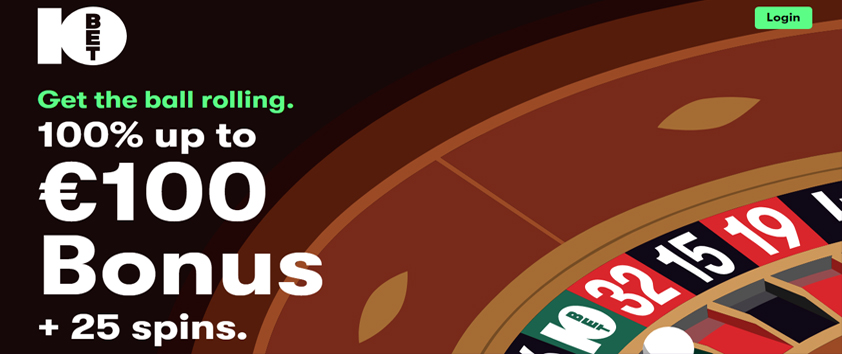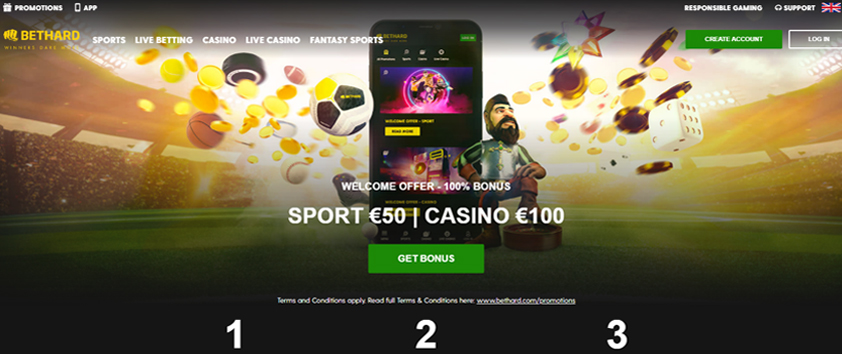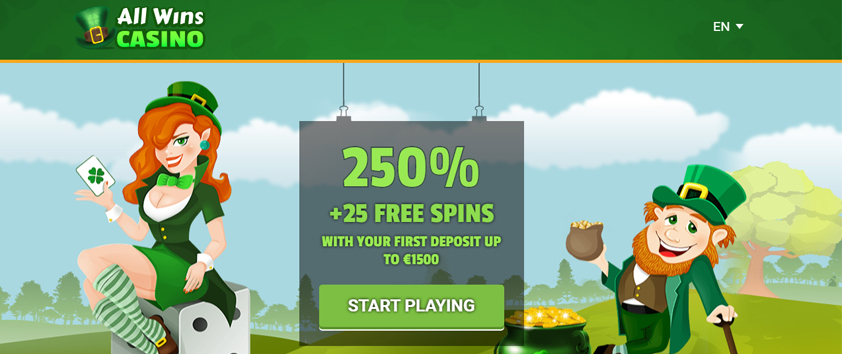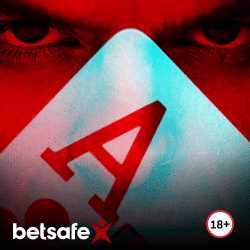Blackjack Rules
In blackjack, the goal is to beat the dealer. Many times you see instruction that the player should reach out with his cards as close as possible to 21. This way of thinking is not entirely unproblematic, as the goal is to cover the dealer's hand, however. In Blackjack, the player is dealt two cards, after which the dealer turns over the card. After this, the player must decide whether he wants more cards or not. The dealer must take cards to at least 17 points in any case. The cards are worth their own value. Exceptions are picture cards with a value of 10 and an ace worth either one or 11 points. There are several elements that enrich the game, one of which is doubling. Doubling doubles the hand bet. The player will then be dealt one more card. If you have placed a bet of two euros on the hand, you can use the doubling to place a bet of four euros.
In this case, you only get one more card in your hand. Doubling is not available for every hand played. The rules vary from table to table. In order to minimize the house advantage, it is in the player's best interest to try to choose a table where doubling is allowed. Splitting, also called splitting, is also possible if both cards of the player are of equal value. The player must thus place a corresponding new bet on his other hand. After the deal, blackjack is played normally. Now, however, the player plays two hands instead of one. Of particular note in this case is that a split hand that gets a value of 21 is not blackjack.
In certain situations, it is also possible to take out insurance. In these cases, the situation starts with the fact that the card the dealer receives is an ace. Insurance is taken in case the dealer's hand is revealed to be a complete blackjack. If the dealer's hand does not turn out to be perfect, the player loses his so-called side bet.In this case, the player must pay 50% of their initial bet as a supplement. If the dealer's hand is blackjack, the player gets the insurance back and thus remains on his own in the round. Taking out insurance is often known in blackjack as the weakest possible solution. The probability that a dealer will get a blackjack is ultimately quite small. This is especially emphasized when the player already has blackjack.


















 | Terms and Conditions Apply
| Terms and Conditions Apply